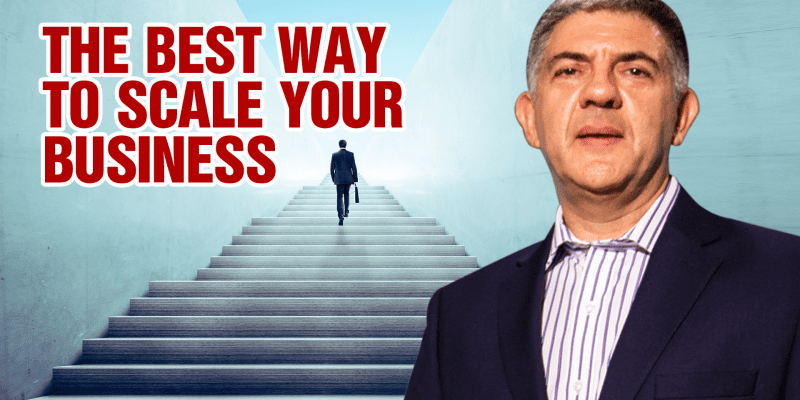
The Best Way to Scale Your Business
If you’re wanting to grow your business, it’s likely that you’ve looked into scaling it.
While this can be an effective practice for some, it’s important that you understand the particulars around it.
The truth is that scaling isn’t meant for everyone, and if you do it incorrectly, you may find that your business is put at a loss.
Don’t let your business start to go under because of your careless mistakes or from your greed to make even more profit.
That’s why it’s imperative that you make sure that scaling is right for your business and that you will actually start turning a greater profit once it’s done.
Because there are several factors that go into this, scaling your business can prove to be an extremely complex process.
If you’re looking to scale your business and make a greater profit, take my advice. I’ll be showing you what you need to know in order to make your scaling work for you.
What to Look Out For
In order to properly scale your business, you’re first going to have to assess the potential costs of it.
Though it can seem pretty clear-cut that scaling will be right for your company, the reality isn’t always so black and white.
As you grow, for instance, do you have the funds to make sure that you’re hiring and retaining quality employees?
Do you have the means to take care of an emergency if one arises?
In short, what’s your new expected profit margin if you go through with the scaling?
By looking at the data, you may find that you’re not in a position to properly scale your company. If this is the case, you’ll have to address some internal issues before looking to grow.
And it’s important to note that just because you’re going to make more net revenue, it doesn’t mean that you’re actually going to turn a bigger profit.
You may go from $20,000,000 a year to $40,000,000, but it’s possible that your operational costs will outweigh the difference in revenue.
Make sure that you’re aware of this before blinding attempting to scale.
How to Scale
With this in mind, you may find that scaling is what you need to do.
In this case, you still need to make sure that your business meets certain requirements and that you are scaling in the right way.
If you aren’t, you could be putting your company at financial risk.
Let’s take a look at some of the important considerations you need to make as you attempt to scale your company.
As you’ll notice, scaling your business is directly tied to the sort of product you’re selling. By making sure that you sell the right product, you can help ensure the success of your scale.
Sell Only Long-Lasting Big-Ticket Items
Here’s a problem that many business owners face as they look to grow their business.
They want to reach a growing customer base, but they can’t even get many returning customers.
Why?
Because they’re selling a product that can only be used one time. Maybe it’s something that their customers aren’t going to need repeated use for—making it of very little value.
This is true both in terms to the customers’ daily lives and to your wallet.
If you aren’t selling a product that’s going to last in the long haul, you’re not going to be able to sell it for any real money.
While it’s possible to make money selling small $10 or $20 items, the volume of sales that you’re going to need will be very high.
And the higher this number is, the more uncertain your scaling will be. It’s difficult to predict new sales as you start to expand-especially when you sell this kind of product and when you need this kind of volume.
So what’s the solution?
Big-Ticket sales.
This is a term that can put off many businessmen who are afraid of what they think it means.
It’s true that high ticket sales closing is different than others, and you’re going to have to adapt your approach in order to keep up.
But the reality is that if you’re offering something of enough value that you can charge a high price for it, your business has a much better chance of scaling and growing.
Because here’s the deal: high ticket items can offer true value to your clients, and it doesn’t take many sales in order to meet your business’s bottom dollar.
You’re going to be under less pressure to meet a high volume of sales—meaning that you can focus more on providing quality to the customers who do choose you.
Perhaps most importantly, this will allow you to increase the annual value for each customer.
While you may start your high ticket sale with a $2,500 item, you’ll soon progress to $5,000 and $10,000, and so on.
Of course, you’re not going to be able to double your price every year, but you will be able to build long-term relationships that will allow you to sell more to the same customer every year.
Because of this, you have the potential to grow your business in a way that small-ticket sales just don’t offer.
Spend More Money on Marketing
This alone, however, won’t be enough.
You should start accepting the fact that if you want to outpace your competitors, you’re going to have to spend more money than they do.
Many young entrepreneurs balk at the idea of spending massive amounts of money on advertising, but the truth is: it works.
If done effectively, advertising and marketing can put your business on the map and keep you at the forefront of a person’s mind.
This, coupled with the fact that you are going to be selling a quality product, can help make you the top dog in your industry.
But in order to get—and stay—there, you’re going to have to spend a lot of money.
A general rule of thumb is, if you can, outspend your competitors in advertising.
The more money you have to advertise, the better. Don’t be afraid to throw your money behind a marketing campaign that’s showing every indication that it’s going to work.
If you can eclipse your competitor in marketing, you’ll be able to generate more leads.
And these leads are important to closing your Big-Ticket sales.
Getting new leads will be the backbone of your business, as you work to convert them into new customers.
The good news is that there are several forms of advertising now available.
With social media sites like Facebook and YouTube joining more traditional marketing avenues, you can find cheaper and more effective ways to make sales than ever before.
As you work to generate your leads, remember that more is always better. And the only way to get more is to spend more.
A proper marketing campaign shouldn’t put you in the hole—at least not in the long term.
You may notice that several big-name products may operate in a deficit for a few months as they wait for the effects of their marketing campaign to kick in.
For instance, you may decide that it’s in your best interest to throw in $20,000 into your marketing campaign over the course of the next six months.
This is a big investment, but one that can be quite lucrative if done well.
At the end of your six month marketing period, for instance, you may notice that you’ve sold an impressive $50,000 worth of product, for a net profit of $30,000.
Now, if you take $20,000 of your profit and do it again, you’ll notice that your pockets will get progressively deeper.
And the deeper your pockets, the more you have to advertise, and the bigger your returns.
Start Closing Big-Ticket Sales
It’s not enough to offer a high-ticket item.
You’re going to have to make sure that the leads you’re generating are being converted into real customers.
The first thing you’re going to need if you want to pull this off is a product of value.
If you’re not worth what you’re advertising, you’re never going to sell it—at least not to a sustainable degree.
By making sure that you’re offering your product at a fair price for its value, you can stay competitive in the market.
But generating leads and closing your sales are two very different things.
You may notice that people who come to your landing page or website simply aren’t converting.
An effective marketing strategy can help this in some ways with retargeting ads and other campaigns that are meant to draw them back.
But how can you make sure that they buy the first time?
Have enough closers on staff to make sure that they do.
Having the right personnel for the job is the single-most important part of closing high ticket sales.
And the more people you have on board to do it, the more sales you can close.
Though you will have to make more of an investment hiring these closers in the short-run, as they start to make more sales for your business, you’ll quickly see that you made the right decision.
If you’re looking to scale your business, make sure that you have enough closers on staff to take care of the increasing need. You don’t want to start pulling your closers too thin, or else you risk losing business.
By having access to the right closers, you can start converting more leads and making a bigger profit in no time.
Just make sure that the leads you’re getting are steady. You don’t want to be selling and then have your leads burn out. Even the best closers aren’t going to be able to work to maximum efficiency if they have no leads to work with.
In order for this to work, then, you’re going to need to strike the perfect balance between closers and leads generated. Hitting this sweet spot can help make sure that your business is turning the most profit that it possibly can.
The Bottom Line
If you’re looking to scale your business, you should first find out if it’s the right move for you.
Though you may initially like the idea because it will bring in more revenue, it’s important to note that not all businesses will see a boost in their profits.
In fact, if not done well, you could start losing money.
To prevent this, it’s important that you invest in strong lead generation and closers and that you move your business model toward high-ticket sales.
In doing so, you can start turning a much bigger profit without the need for such a large client base.
This will make it easier to scale your business and make your growth more sustainable and effective.










